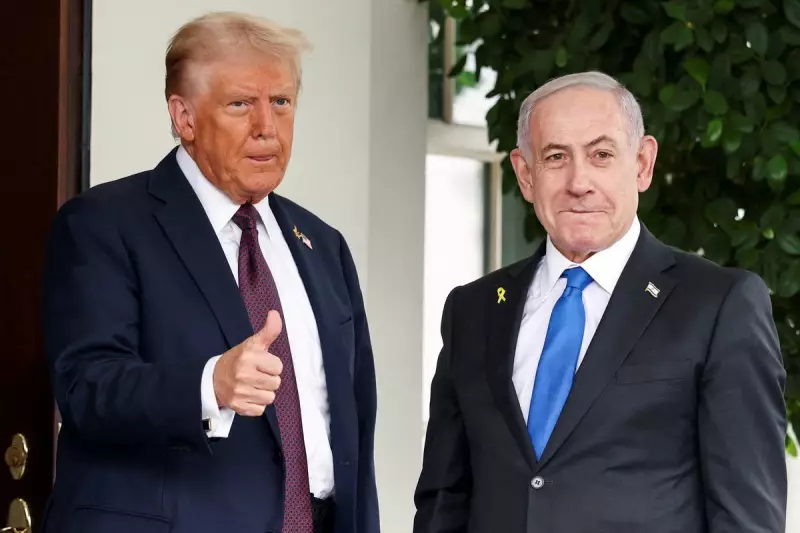
Donald Trump's much-discussed blueprint for ending the Gaza conflict is encountering substantial resistance from key stakeholders, throwing the viability of his proposed solution into serious doubt.
The Core Controversies
According to recent analysis, the former president's plan contains several contentious elements that have drawn criticism from international observers and regional players alike. The proposal appears to favour unilateral Israeli security control while offering limited political autonomy to Palestinians.
Major Stumbling Blocks
- Security arrangements: Trump's framework suggests ongoing Israeli military presence in strategic Gaza locations
- Political representation: The plan offers minimal self-governance for Palestinians
- Reconstruction funding: Questions remain about international donor participation
- Refugee rights: Limited provisions for displaced populations
Regional Reactions
Middle Eastern nations have expressed reservations about the proposal's balance and long-term sustainability. Several Arab states, while maintaining diplomatic relations with Israel, have indicated the plan lacks sufficient consideration for Palestinian political aspirations.
"The Trump proposal appears to prioritise Israeli security concerns while offering Palestinians limited sovereignty," noted one regional analyst. "This imbalance makes broad regional acceptance unlikely."
International Diplomatic Response
European allies have approached the plan with caution, emphasising the need for a negotiated settlement rather than unilateral implementation. The UK Foreign Office has maintained its position supporting a two-state solution through direct negotiations between parties.
Future Prospects
With the current US administration pursuing different diplomatic channels, the Trump plan appears increasingly unlikely to gain official traction. However, it continues to influence discourse around alternative approaches to the long-standing conflict.
The ongoing debate highlights the profound challenges in bridging the gap between Israeli security requirements and Palestinian self-determination aspirations in any future settlement.





